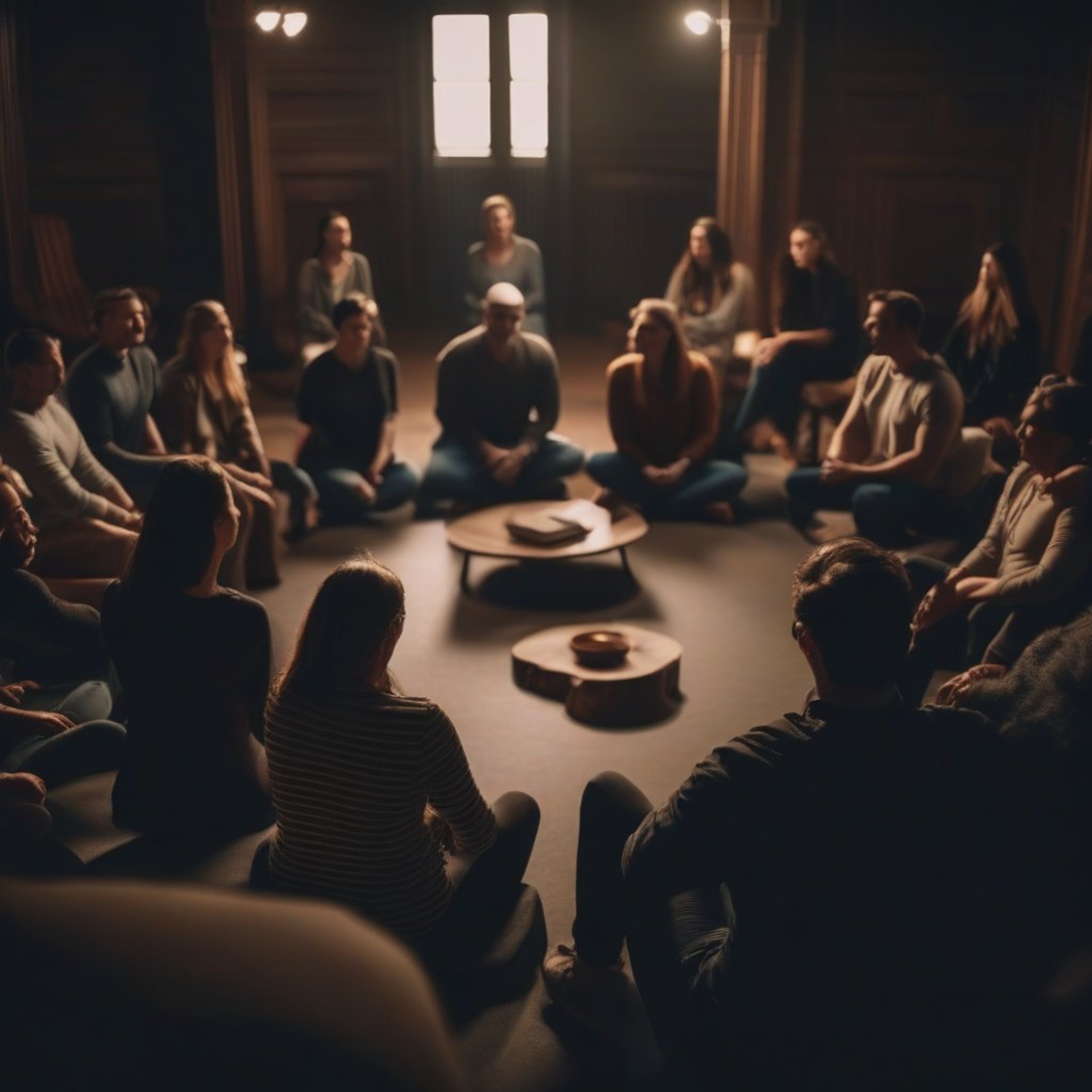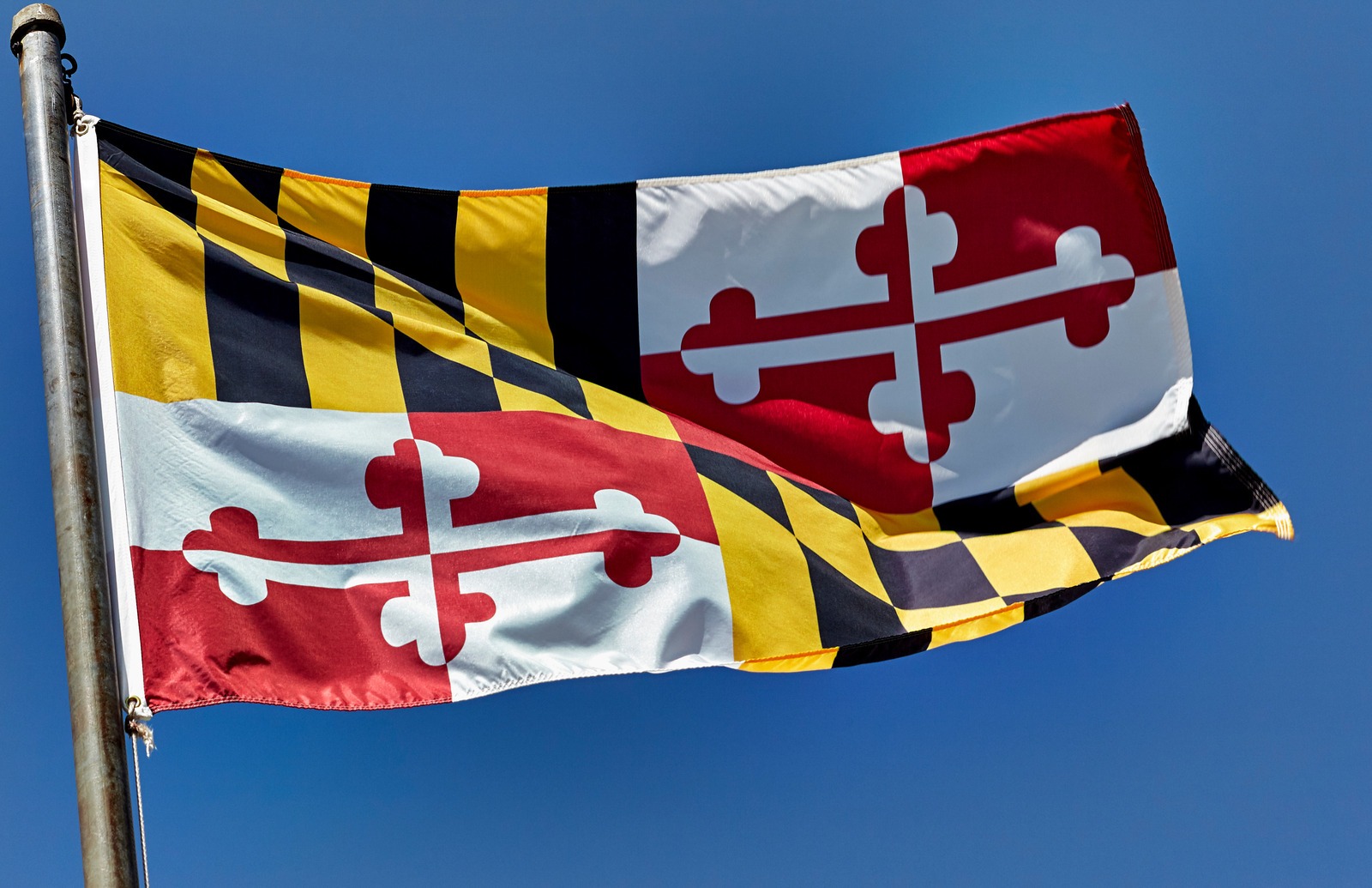Your Maryland Guide to Local Support Groups and Sober Meetings

What you will learn
- Maryland offers mental health resources and local support groups for mental illnesses and substance addiction.
- The National Alliance on Mental Illness (NAMI) Maryland has a range of peer-led education and support programs for mental illnesses.
- National and international organizations like Alcoholics Anonymous (AA) and SMART Recovery also offer databases to find local support groups.
If you’re relocating or traveling in Maryland while in recovery, you can find a range of support groups and meetings for mental illnesses and substance use all over the state. Along with national and international organizations, Maryland has healthcare networks and nonprofit organizations dedicated to helping people struggling with these concerns.
Find out more about local support groups and meetings in Maryland and explore your options for sober activities to stay on track with your recovery.
NAMI Maryland
The National Alliance on Mental Illness (NAMI) Maryland offers comprehensive resources for mental health, including crisis help, support, and peer-led education programs to share experiences with other people in recovery. Some of the offerings include:
- Peer-to-peer, a course for people with mental health conditions to encourage growth and recovery.
- Connection, a 90-minute support group for people with mental illness to share in a confidential environment.
- In Our Own Voice, a presentation for people with mental illness to tell their stories.
- Frontline Wellness, a support initiative for first responders facing adverse mental health effects.
NAMI Maryland also offers family support groups and education to help caregivers cope with loved ones with mental illness.
NAMI Metropolitan Baltimore
NAMI Metropolitan Baltimore has free support groups for people in the city’s metropolitan area to connect with recovery peers and build a support network. The organization offers both in-person and virtual meetings, as well as family and young adult meetings.
Maryland 988

Maryland 988 is the state’s behavioral health crisis line.[1] The line connects to the National Suicide & Crisis Lifeline, which includes all mental health issues like substance abuse. You can call, text, or chat with an operator via 988 to get support and resources, including information about local support groups.
University of Maryland Baltimore Washington Medical Center (UM BWMC)
The University of Maryland’s Baltimore Washington Medical Center has a behavioral health unit to provide support for people struggling with mental health conditions. The medical center’s mental health support group has a broad focus on adults with depression, anxiety, and addiction.
The group meets at 6:30 pm on the second Wednesday of each month in the day room of the Partial Hospitalization Program on the second floor. This group requires advanced registration. There’s also a crisis warmline for help finding resources and support groups.
Alcoholics Anonymous (AA)
Alcoholics Anonymous (AA) is a global peer-led fellowship that focuses on recovery from alcohol addiction.[2] Maryland’s state-wide AA directory allows you to search for meetings by county or city to find the right fit for your needs.
Narcotics Anonymous (NA)
Organized not long after AA, Narcotics Anonymous is an addiction fellowship focused on people with addiction to narcotics. NA has regular meetings throughout Maryland to help people find support, which you can search using the NA meeting finder. You can perform a broad search or narrow the focus by specific topics, ensuring you find a meeting that’s the right fit.
SMART Recovery
SMART Recovery is a national organization that offers support for substance addictions like drugs and alcohol and process addictions like gambling and food. The organization provides free peer support meetings in Maryland at multiple times and days of the week. You can find local meetings using the meeting search tool or the mobile app.
Get Support in Maryland
Maryland has excellent mental health resources to search for local peer support groups and meetings. In addition to specific programs offered by organizations like NAMI Maryland, you could also find AA, NA, and other meetings in your area to build your local community. If you feel like you need support or are looking for local sober events, use these resources to explore your options in the area and attend a meeting. If you need more intensive care, Alpas Wellness is here to help. The treatment team at our recovery center in Maryland can help you get back on your feet.
Ready to get help for you or a loved one? Contact us
To ensure accuracy and quality, every contributor to the Alpas Wellness resource library undergoes a thorough evaluation of their experience, credentials, and achievements prior to publication.
Frequently Asked Questions About Maryland’s Local Support Groups and Meetings
What Is a Support Group?
Support groups are informal groups of people who share a common problem or condition, such as addiction.[3] In an organic and nonjudgmental environment, group members can share their experiences and feelings, coping strategies, and firsthand knowledge to help others overcome their challenges. While support groups are often viewed through the lens of addiction and mental illness, they may be used for family support, chronic health conditions, terminal illnesses, grief, and more.
Where Can I Find Local Support Groups in Maryland?
The organizations on this list offer databases and search tools to find local support groups throughout the state. You can also look for support groups online in community pages or forums, but keep in mind that the information may not be up to date. Helplines and crisis lines for mental health also offer guidance in finding the right support groups in the area.
Do Support Groups Cost Money?
Most mental health and addiction support groups are free to attend, but there may be fees associated with certain programs. These organizations are usually transparent about their fees and guidelines, however. Some groups may require advanced registration as well.
Can I Observe a Support Group?
Peer meetings and support groups are intended to provide a safe, confidential, and nonjudgmental space for people to share their experiences and help one another. Most of these organizations discourage people from attending for educational or observational purposes out of respect for the members.
If you want to attend a group as an observer, it’s best to speak to a facilitator in advance to get permission and show respect and courtesy for members and attendees.
What’s the Difference Between a Support Group and a Therapy Group?
Group therapy is a therapy modality where people can learn and practice recovery strategies, learn interpersonal skills, and develop support networks. These groups are usually guided by a therapist or other mental health professional.
Conversely, a support group is not a formal therapy environment. These groups are typically peer-led and involve practice advice and storytelling rather than guidance from a therapist. Support group members are encouraged to share their experiences and viewpoints to help others feel less isolated and empower them to stay on track with their recovery.
Are All Support Groups Similar?
No, there’s no one-size-fits-all approach to support groups and meetings. While they all share the goal of bringing together peers with shared experiences to support one another, support groups may be dedicated to different conditions or concerns to keep the focus narrow. Some support groups are narrowed even further to create an inclusive and safe environment, such as a group for women only, men only, LGBTQIA+ individuals, young adults or teens, beginners, and more.
[1] Maryland Department of Health Behavioral Health Administration. Maryland.gov Enterprise Agency Template. (n.d.). Retrieved from https://health.maryland.gov/bha/Pages/988md.aspx on 2023, December 19.
[2] Have a problem with alcohol? there is a solution. Alcoholics Anonymous. (n.d.). Retrieved from https://www.aa.org/ on 2023, December 19.
[3] Mayo Foundation for Medical Education and Research. (2023, March 16). How to choose the Right Support Group. Mayo Clinic. Retrieved from https://www.mayoclinic.org/healthy-lifestyle/stress-management/in-depth/support-groups/art-20044655 on 2023, December 19.